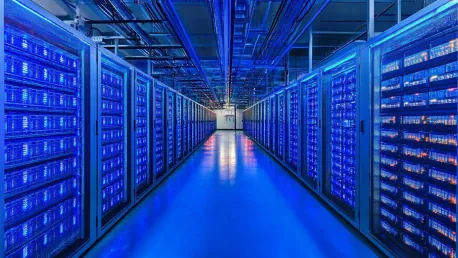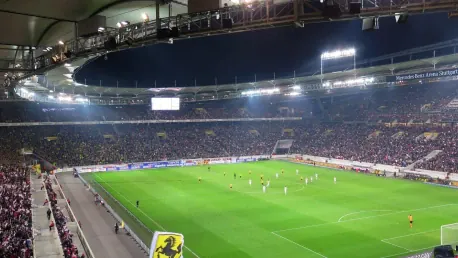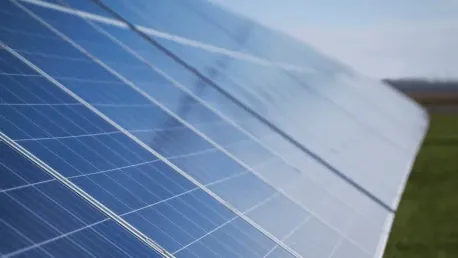
The powerful influence of big tech companies on our daily lives has extended beyond digital domination, now significantly impacting physical infrastructure, particularly the energy sector. Julianne Malveaux's thought-provoking article brings this pressing issue to the forefront, emphasizing the

House Bill 1579, introduced by state Rep. Anna Novak, R-Hazen, has sparked heated debates and mixed reactions across North Dakota. This bill seeks to place large electricity users, including data centers, under a state-level siting process similar to those that currently apply to power plants and

Sports venues have long been places where fans gather to support their favorite teams, but now they are also becoming hubs for promoting environmental sustainability. The Ball Arena in Denver, home to the NBA's Denver Nuggets, the NHL's Colorado Avalanche, and the NLL's Colorado Mammoth, is at the

With the world facing unprecedented environmental challenges, the U.S. Department of Energy (DOE) has announced two major initiatives to advance clean energy and bolster grid resilience. These initiatives include significant investments totaling $132 million, aiming to foster technological

In the constantly advancing field of energy technology, innovation remains a key driver of progress and sustainability. Among the numerous breakthroughs, core-shell catalysts have emerged as significant game-changers. These materials, thanks to their unique structural attributes and exceptional

In an era where sustainability has progressed from being merely an option to a critical necessity, the pressing challenges such as the depletion of fossil fuels, escalating energy costs, and rising environmental pressures necessitate smarter choices at home. This focus on sustainability is